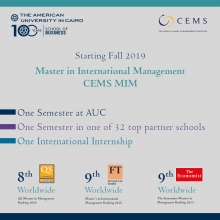Social Entrepreneurship Doctoral Seminar, Cape Town, South Africa
We are inviting doctoral students (and interested faculty) to a week-long, intensive social entrepreneurship doctoral seminar. Social entrepreneurship is a vitally important arena of scholarly research and teaching. Doctoral level training is needed to equip researchers in the core concepts and empirical findings of this emerging domain. This seminar involves two of the field’s leading scholars as co-teachers and provides an in-depth survey of recent social entrepreneurship scholarship and its theoretical background.





